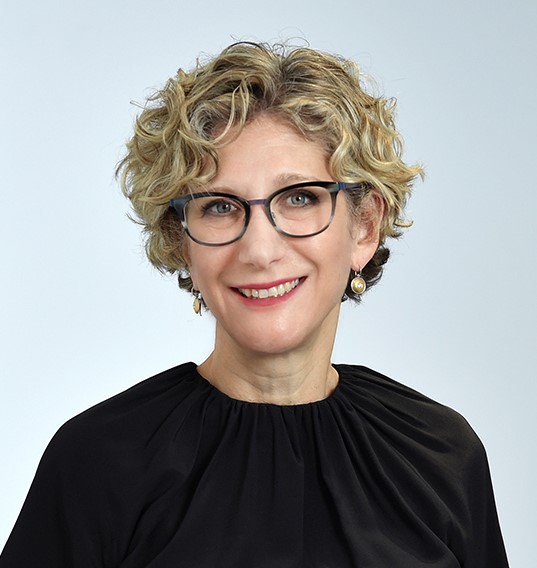 As the International Chamber of Commerce’s Court of Arbitration celebrates its 100th anniversary, President Claudia Salomon tells Africa Business how this global organisation has seen its highest growth in recent years in the MENA region. In the last 10 years, the number of parties coming to the ICC Court has tripled, with parties from the Middle East being the most frequently listed, notably from the UAE, Qatar and Saudi Arabia. The nature of these cases mirrors the profile of the regional economy with some 70% relating to disputes arising from infrastructure and/or energy projects. And looking to the future, the Court is looking to its Abu Dhabi branch to handle the increased flow of work expected from Saudi Arabi’s ‘Vision 2030’ development plans.
As the International Chamber of Commerce’s Court of Arbitration celebrates its 100th anniversary, President Claudia Salomon tells Africa Business how this global organisation has seen its highest growth in recent years in the MENA region. In the last 10 years, the number of parties coming to the ICC Court has tripled, with parties from the Middle East being the most frequently listed, notably from the UAE, Qatar and Saudi Arabia. The nature of these cases mirrors the profile of the regional economy with some 70% relating to disputes arising from infrastructure and/or energy projects. And looking to the future, the Court is looking to its Abu Dhabi branch to handle the increased flow of work expected from Saudi Arabi’s ‘Vision 2030’ development plans.
Since 1923 the ICC Court has played a key role globally, giving businesses confidence to trade and invest across borders, by providing an independent, neutral forum for any disputes, that is free from political dynamics. The Court is a key feature of the International Chamber of Commerce, which with 45 million members in more than 130 countries is the largest business organisation in the world. And the Court itself has the widest geographical reach of any arbitral institution: last year it set a new record with arbitrations seated in 127 different cities, spread over 71 countries worldwide, with arbitrators coming from 99 jurisdictions and covering the laws of 120 different nations.
It is not surprising perhaps that arbitration is winning in the MENA region over court litigation as a means of resolving especially international comme
Having said this, ICC Court statistics also show its offering appeals to locals as well, with one in five cases being entirely domestic.
A years-long series of activities is underway across the globe to mark the ICC Court’s 100-year anniversary this year. These include a roadshow of flagship arbitration conferences, starting with its two-day MENA Conference at the Abu Dhabi Global Market on 15th and 16th February. Special guest speaker is Dr. Thani Al Zeyoudi, UAE Minister of State for Foreign Trade.
Other session highlights include:
- What the Future Holds and How We Will Get There: the ICC Centenary Declaration on Dispute Prevention and Resolution, chaired by Alexander G. Fessas, Secretary General, ICC International Court of Arbitration; Director, ICC Dispute Resolution Services
- MENA Business Spotlight Finding Opportunity in Times of Uncertainty – Claudia Salomon, President, ICC International Court of Arbitration, in conversation with
- Robin Mills, CEO, Qamar Energy, UAE
- Kamal Shehadi, Chief Strategy Officer, e& International, UAE
- Energy Transition and Renewables in MENA: Key Drivers and Future Prospects for the Dispute Resolution Landscape
- Supply Chain Disruptions: Navigating Legal Risks and Resolving Disputes with a New Mindset?
On 19 January 2023, the International Chamber of Commerce (ICC) International Court of Arbitration (“the Court”) held a launch ceremony to celebrate the ICC Court Centenary. The event featured ICC Secretary General John W. H. Denton AO, ICC Court President Claudia Salomon, ICC Court Secretary General Alexander G. Fessas, and ICC Court Managing Counsel Ziva Filipic.
Photo credit: EKATERINA BOLOVTSOVA (Pexels.com)

